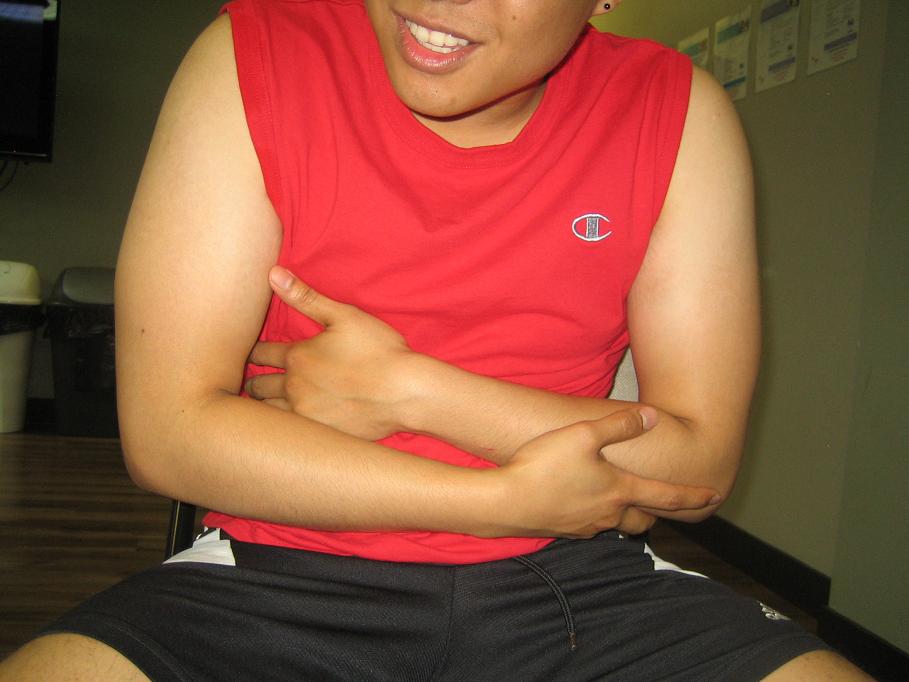Pulled rib muscles can develop after running especially among those who have cold muscles or the endurance is pushed beyond the limits. This injury can also occur after running since fatigued muscles are more likely to be damaged by abrupt movement or impact. The position of the rib muscles makes them hard to manage. It is recommended to set an appointment with a doctor to properly for effective measures to pain the pain.
Muscles surrounding the ribs
The ribs have their distinct set of muscles known as intercostal that take up the space between every rib. The internal intercostals are found deep between the ribs and travel down and back to the spine. The exterior intercostals are separated by a fibrous tissue layer which are closer to the skin and run down and forward.
The transversus thoracis is also attached to the ribs as well as the serratus anterior, posterior muscles, subcostals and levatores costarum. All of these muscles provide support to the rib cage and responsible for expanding, contracting, lowering and raising the ribs during the breathing cycle.

Connection of rib muscle strains and running
A pulled rib muscle occurs once the muscle fibers are torn or stretched during impact or activity. There are 2 types of strains – chronic and acute. Abrupt tearing of a muscle beyond its range of motion can lead to acute strains. Abrupt twisting, turning or sprinting while running can strain the muscles adjacent the rib cage.
The sharp pain or spasms indicate an acute strain. For chronic strains, they occur in a gradual manner. Individuals who engage in long distance running are at high risk for chronic strains.
Injury after running
Always bear in mind that running can put muscles at risk for injuries such as pulled rib muscles. Fatigued rib muscles can readily stretch or tear if not given enough time to rest.
Injury can even occur the day after running especially if the individual pushed his/her limits. Stretching can help prevent pulled rib muscles. The side stretch pose in yoga can help lengthen the rib cage, shoulder and chest muscles. The individual should stand with the feet flat on the ground, elevate the left arm upwards and lean to the right until a stretch is felt in the side. This should be held for 30 seconds and then switch sides.
Treatment for pulled rib muscles
Always bear in mind that mild strains can heal without proper rest. You can utilize ice packs on the affected area to minimize the swelling and pain. There are also over-the-counter medications such as anti-inflammatory drugs that are useful.
As for the breathing, it might be difficult with pulled rib muscles while the mobility is also affected. Once the individual experiences shortness of breath, unable to walk more than 4 steps without intense pain or reddened streaks that spread from the site of injury, it is best to consult a doctor right away.

